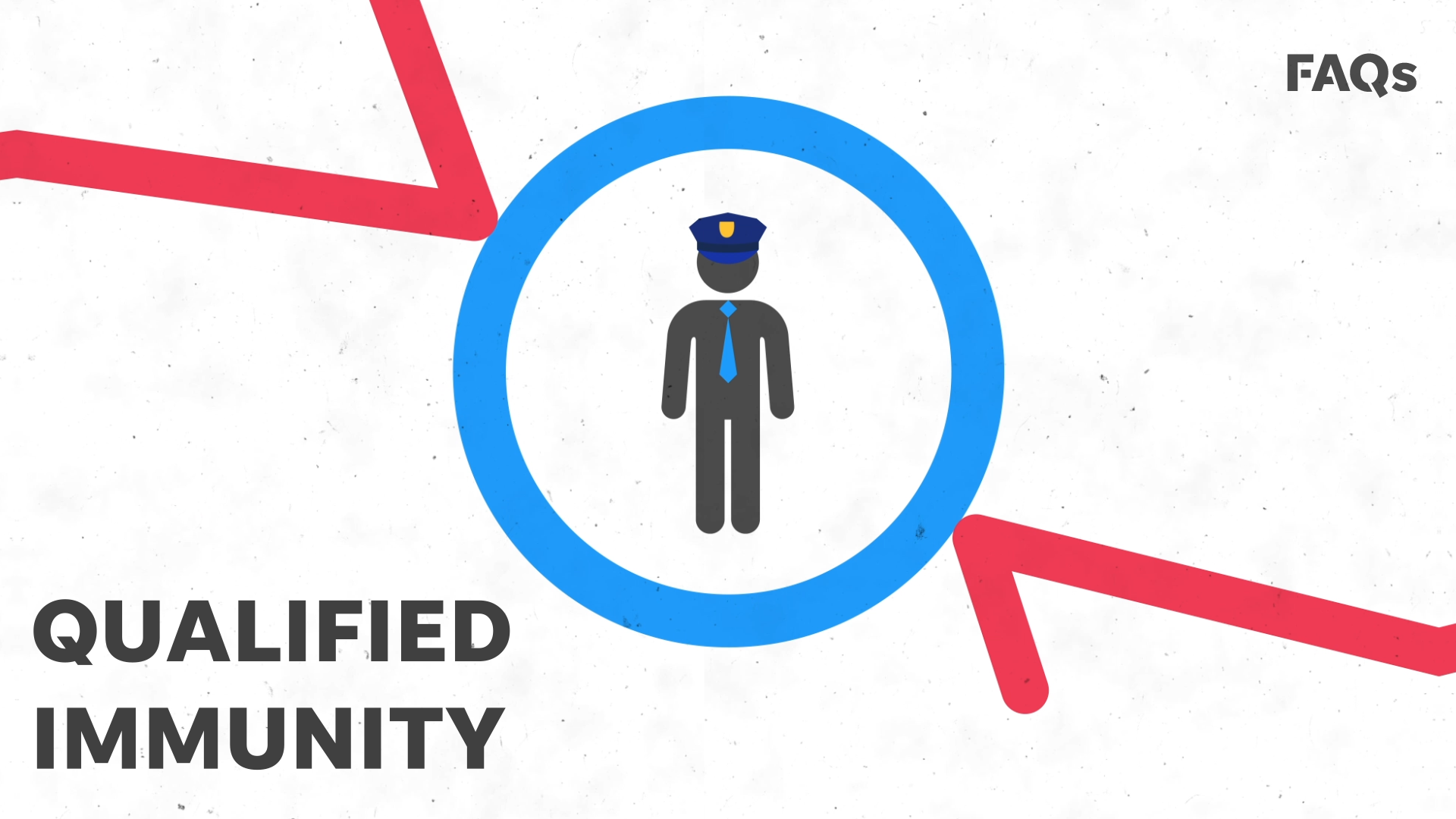“‘Stop profiting off our pain’: Hundreds rally to support bill eliminating charges for prison phone calls”
Category Archives: Uncategorized
This is the video from It’s a Crime: Using Technical Violations to Reincarcerate which took place on September 17, 2020. Take a look!
REVOCATION NATION
Please see and share my newest article at DIGBoston. It tells the story of the epidemic of reincarceration for technical parole violations in the age of COVID.
“Jonathan Best had been out of prison for two years when he ended a rocky relationship with his girlfriend. Like many men and women on parole—a form of early release, in which the remainder of one’s sentence is served in the community—he suffered from depression and anxiety.
At the time, Best often had to choose between paying his monthly $80 parole fee and putting food on the table. He worried that if he got pulled over for speeding, a warning would go straight to his parole officer (PO). Like many who face the stress of reentry from prisons in the US, Best sometimes coped by using drugs or alcohol. He rarely felt free.” MORE
It’s A Crime: Using Technical Violations to Reincarcerate
Guest Letter by David J. Harris
I’m publishing the letter below by David J.Harris who is the Managing Director of the Charles Hamilton Houston Institute for Race and Justice and a lecturer at Harvard Law School. He has extensive experience in many facets of civil rights issues and currently chairs the Massachusetts Advisory Committee to the U.S. Commission on Civil Rights.
Harris wrote the letter below to the Boston Globe who did not publish it. However, I think it is important enough to publish, and call out the Globe, once again, for its failure to heed community voices that put their reporting under the microscope.
Here is the letter:
“The August 13 editorial page [of the Boston Globe] was a great example of public debate. Indeed, the two articles on qualified immunity for police revealed the difference between reform and real change as clearly as possible. The first article endorses the state senate bill (Equal justice requires lawmakers reform qualified immunity for police) that tinkers with the process by creating a “reasonable officer standard” to determine the merit of a claim. Such a standard, which sadly and dangerously validates existing police practices as normative, is justified as a means to protect officers from “frivolous” lawsuits.
The second perspective, (Lawmakers should show the political courage to end qualified immunity) cites Federal legislation that calls for a complete end to this form of police protection (we should call it what it is: unqualified impunity); and in doing so seeks to protect members of society from the wanton and brutal mistreatment by police. Frivolity or brutality.
It seems a simple choice to tolerate a chance of frivolity to create accountability for brutality and misconduct. If that takes courage, it’s time for our legislators to muster some.



